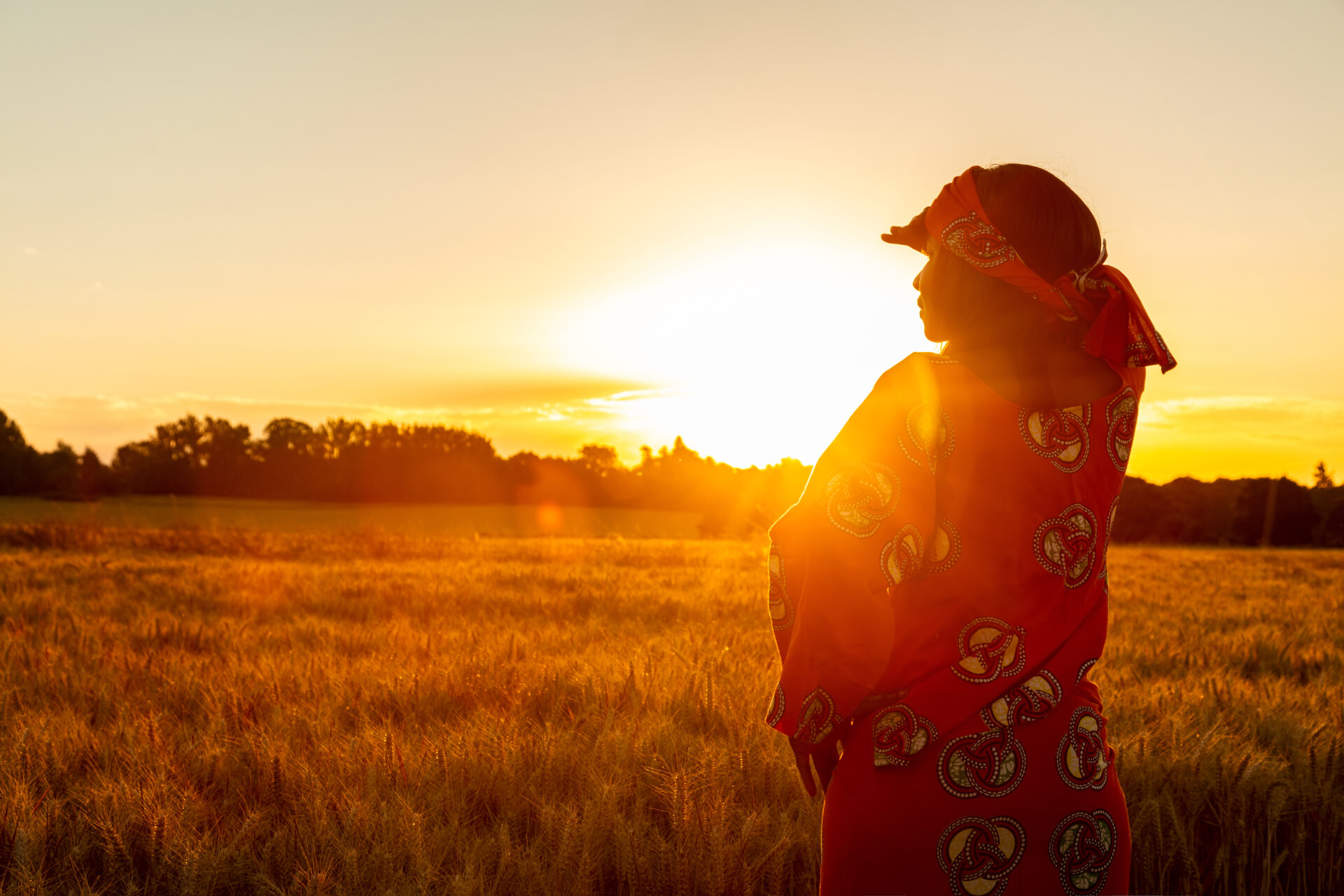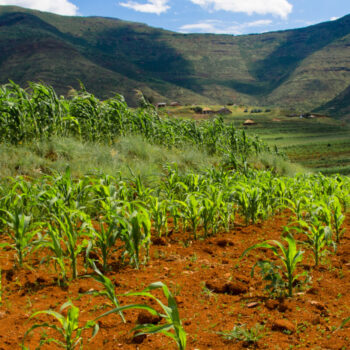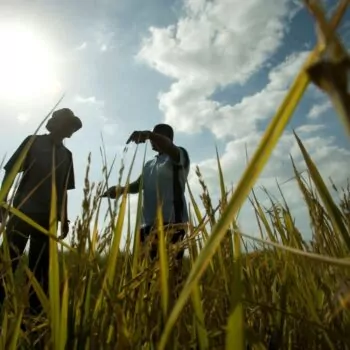E3G, an independent climate change think tank and co-founder of London Climate Action Week, and WRI, co-lead of the Food and Land Use Coalition, held a virtual event on climate-resilient agriculture and food systems in Africa.
Watch
Event Summary
During London Climate Action Week 2022, E3G, WRI UK, and the Food and Land Use Coalition co-hosted a virtual discussion on Building and Financing Climate-Resilient Agricultural and Food Systems in Africa. The event – hosted by Ed Davey, Director of International Engagement for the Food and Land Use Coalition – brought together a range of stakeholders to share strategies to drive momentum for climate resilience. Speakers included representatives of WRI UK, the Forum for Agricultural Research in Africa (FARA), WRI Africa, the African Development Bank (AfDB), USAID, and the Ban Ki-moon Centre for Global Citizens.
The event provided a platform for African institutions to define a high bar for action on food and agriculture at COP27 and beyond. Dr. Yemi Akinbamijo, Executive Director of FARA, sketched a roadmap, presenting the African Climate Smart Agricultural (ACSA) Framework. The ACSA Framework, developed in support of the AU Climate Change Strategy, aims to drive emissions mitigation and guide meaningful climate-resilient agricultural activities in Africa.
The panelists highlighted ongoing efforts to build and finance climate-resilient agriculture and food systems in Africa including:
Susan Chomba of WRI Africa emphasised the urgent need to address both the ongoing humanitarian food crisis in Africa and the longer-term project to build climate-resilient food systems. She highlighted three areas of work including:
- integrating the food and land restoration agendas,
- addressing food loss and waste – estimated at $40 billion lost annually, more than Africa receives in food aid each year, and
- identifying the role of trade within Africa to enable food access.
Andrew Mude of the AfDB emphasised the need for NDCs and NAPs to include clear food system indicators to enable climate finance for resilient food system action. He pointed to AfDB President Adesina as a champion of integrating food and climate change policy, the Bank’s commitment to ensure 50% of approved deployments are climate-finance compatible, and that 50% of these resources go towards adaptation projects.
Ann Vaughan of the USAID Bureau for Resilience and Food Security referenced President Biden’s recent G7 announcement of $2.67 billion in US government funding to address food insecurity, particularly in African countries exposed to food system shocks. She flagged the expansion of the Feed the Future Programme to an additional 7 African countries and the US for the Agricultural Innovation Mission for Climate (AIM4C), calling for the submission of innovation sprints.
Monika Foehler of the Ban Ki-moon Centre closed the event by setting clear expectations for COP27, highlighting the opportunity to build and finance agricultural and food system resilience, in the context of the climate crisis.


